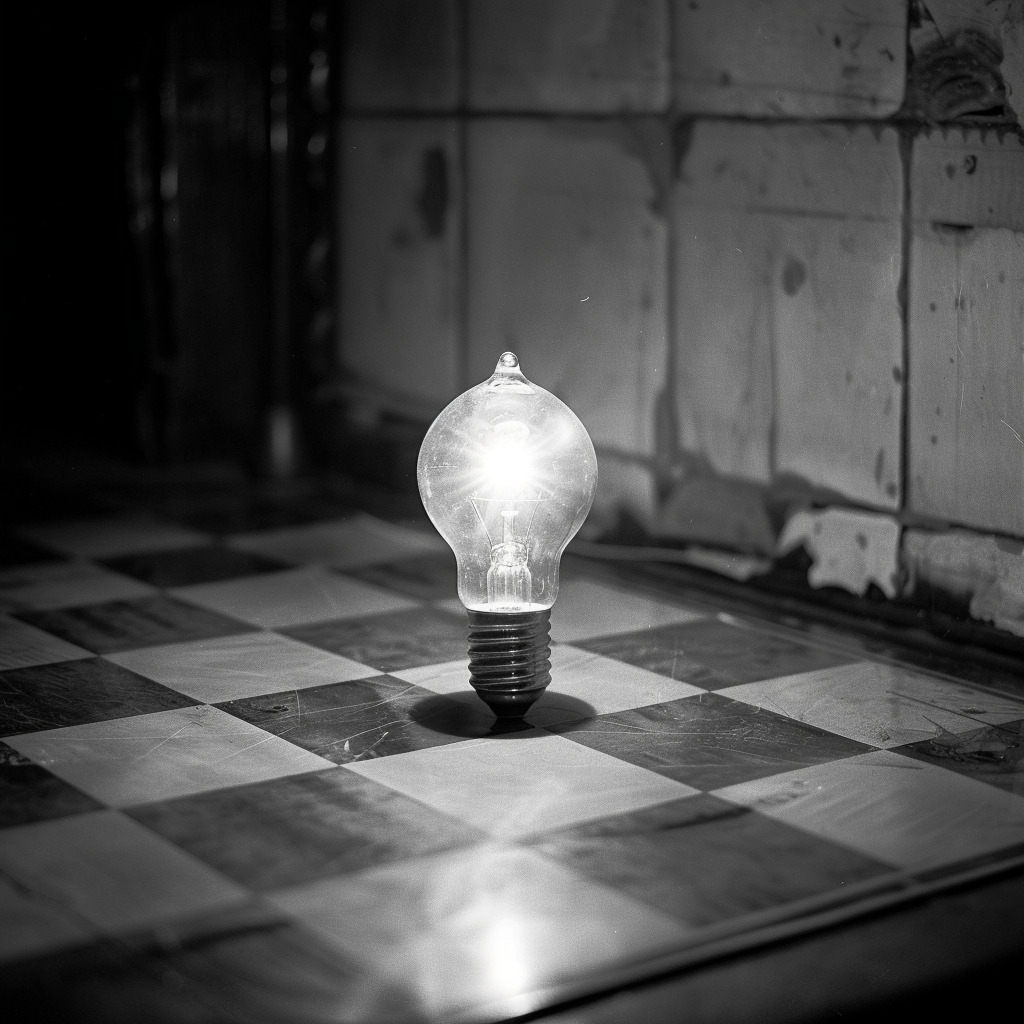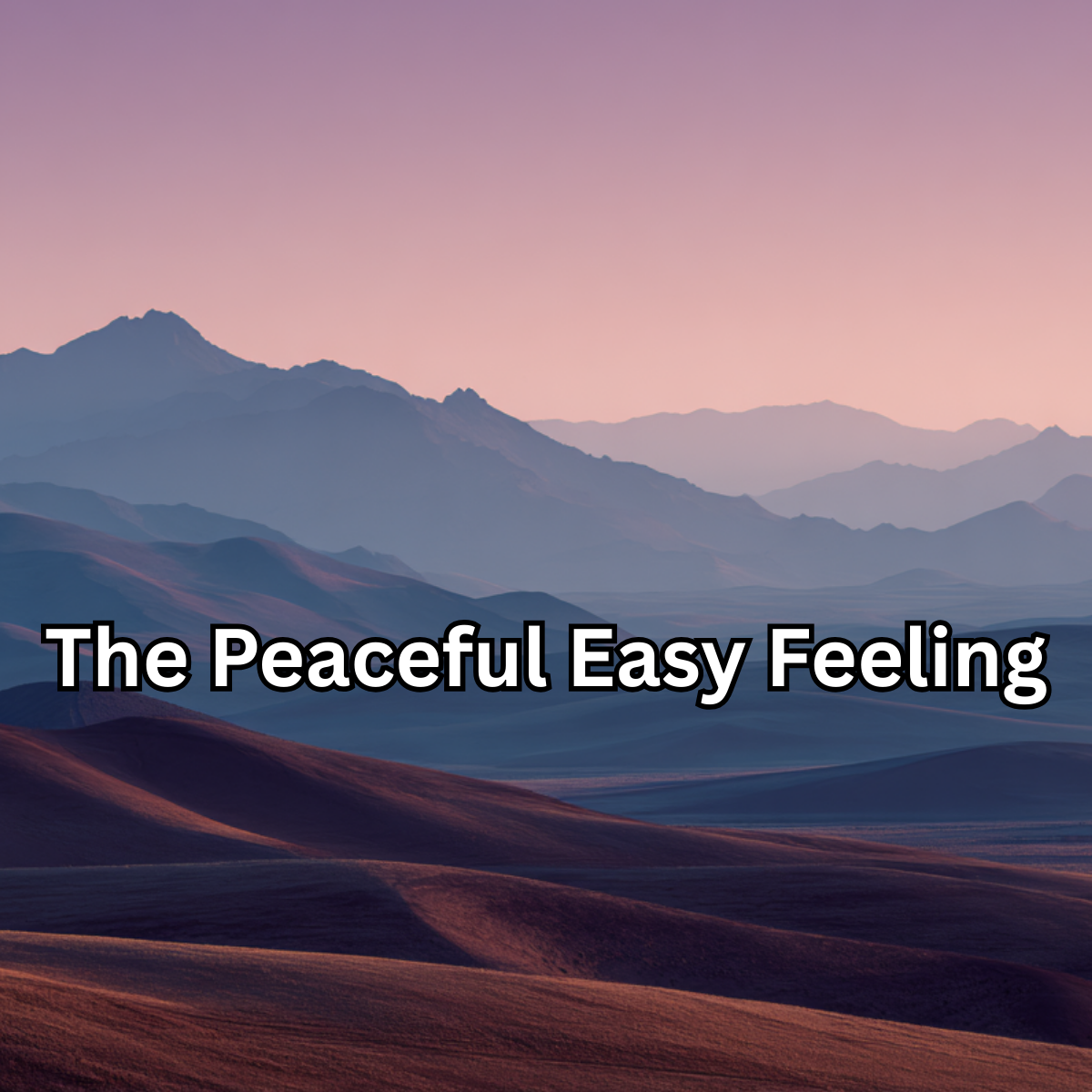Losing at Chess (again) Inspired Me
I played a chess game a few nights ago. I decided to play what is called “The French Defense.” I chose that path for fun, as it had been long since I played that particular opening. I played and let my instinct take control for the first 15 moves or so. Bad idea. My instinct was wrong; I had the right ideas because I had played this opening many times before but needed to remember the reasons for certain moves. My instincts were based on patterns I thought I recognized when I made a significant blunder in reality. The mistake was obvious; if I had just spent a few moments thinking it through, I would have seen a check that would have prevented me from winning an exchange. However, I plowed ahead, trusting my instinct. I lost the game. My instinct was dead wrong.
This really got me thinking. How often do I trust my instinct when it is entirely off base? I caught myself doing it again earlier today. I am working on a project that requires a great deal of video editing. I did video editing projects when I was younger, so naturally, I am an expert. So I plowed ahead, and when I got overwhelmed, I hired someone. That person then had to redo everything I had done because I had made several silly mistakes. My instinct about how to put this all together needed to be corrected. My instincts about what was good turned out to cost the project more money and more time. I need to be more precise when I follow my instincts.
Playing Pool Gave Me Hope
I played several rounds of billiards a few weekends ago. I was good at playing 9-ball at one point in my life. A few friends and I would spend countless nights playing round after round. Eventually, I got to a high level in my ability to play the game. My instincts became highly accurate. I knew where to shoot, how to play the opponent, what angles to take, and what position balls would end up in. As I was playing here recently, I relied on those instincts, which came back to me quickly. However, I started overthinking and messed up my whole game, but there were a few games where I was playing at my old skill level, which was fun. So, in that case, my instincts were great because they were well-trained.
Getting Lost in the Woods
So when should I trust my instincts? This is why people get lost in the woods. They think they can trust their instincts, and they start heading where they feel the direction they came from is, and all the while, they are going in the opposite direction. This happens constantly; we get a sense of something, and if we are entirely off, it is hard to convince ourselves otherwise. I heard an airplane pilot tell me about learning to trust instrument panels over your sense of things when you were in low visibility. I imagine the same phenomena occurs. Sometimes, you think you are right about something when you are just completely off base. Now, I would never trust my instincts 1000 yards near the instrument panel on an airplane, but that is because I know nothing. The problem is when we think we know something – there lies the potential for the most significant harm.
However, I am not willing to ignore my instincts – the question is, when are my instincts the most trustworthy? I have uncovered four scenarios when I should lean on trusting these instincts of mine. They are detailed below:
- Expertise-Based Decisions: When someone has a deep understanding or experience in a particular field, their intuitive decisions can be very accurate. I have some definite expertise in a few areas; these are the ones where I should be more willing to trust my intuition.
- Split-Second Decisions: In situations requiring quick thinking, such as in sports or during emergency responses, intuition can guide individuals to make immediate and often effective decisions without deliberative thought. This is critical, as sometimes you need to be bold. Your intuition can be a strategic advantage or potentially even life-saving!
- Complex Situations: When the problem or situation is highly complex and involves too many variables for analytical processing, intuition can help synthesize information and reach a decision. This is particularly useful in strategic games like chess or in business decisions. Complexity can be paralyzing, so intuition can be a way to speed up the decision-making process.
- Personal Relationships: Intuition is often used in interpersonal interactions and relationships, where understanding subtle cues and emotions is essential. People might intuitively sense someone else’s mood or the dynamics in a group, which can guide their interactions. You simply cannot ignore your intuition when interacting with people. We are all experts.
In conclusion, my recent experiences with chess, video editing, and billiards have highlighted a critical lesson: intuition is not infallible. It can be a powerful ally when grounded in well-honed skills or deep familiarity. Still, it can also lead to costly missteps if we overestimate our expertise or fail to engage critically with the situation. This balance between trusting instincts and critically assessing them is delicate. While intuition can quickly guide us through familiar landscapes, it can just as swiftly lead us astray in unknown territories. The key lies in recognizing when to lean on this innate tool and when to step back and reevaluate with a more analytical approach. By understanding the limits of our own intuition and learning to question it judiciously, we can harness its strengths and mitigate its weaknesses, ensuring that our instincts enhance rather than hinder our decision-making processes.




